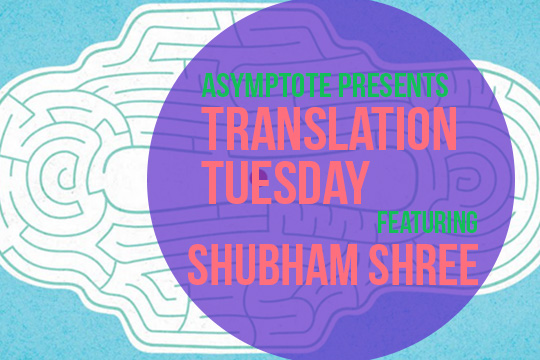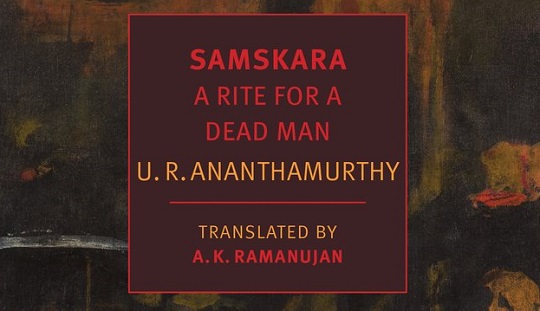Before we jump into our weekly world news tours of 2017, here at the blog we wanted to look back at the waning days of 2016 and give the literary achievements that closed such an eventful year their full due. There is already so much we’re looking forward to in the year ahead, but no piece of writing or writer exists in a vacuum; each new publication, reading, and translation takes from and makes space within the existing cultural consciousness. To be able to understand the developments in the literary scenes around the world this year, we have to see the full scope of 2016’s progress. Luckily, Asymptote has eyes and ears in every hemisphere!
First stop on the map: India, where we check in with our first contributor this week, PhD student of postcolonial literature Tanushree Vachharajani:
2016 saw a huge uprising across India for Dalit rights. The suicide of Hyderabad PhD student Rohit Vemula in January 2016 and the assault of a Dalit family of cow skinners in Una, Gujarat in June 2016 have led to a resurgence of Dalit identity in social and literary fields, along with much dissent and unrest about the government’s attitude towards lower castes. The Gujarat Dalit Sahitya Akademi in Ahmedabad issued a special edition of their literary journal Hayati, on Dalit pride this fall under the editorship of Dr. Mohan Parmar. Also in September, under the editorship of Manoj Parmar, literary journal Dalit Chetna published a special edition on Dalit oppression, featuring works written by Dalit as well as non-Dalit writers.
The well-documented human rights violations continue to inspire a flood of responses. For the first time last month, Delhi saw a literary festival dedicated entirely to Dalit protest literature, offering a platform for Dalit regional literature and its translations into English, French, and Spanish to increase accessibility and broaden the demographic of its readers.
Dalit literature is also no longer in the realm of the purely literary. Inspired by the death of Rohit Vemula, three young activists from Mumbai—Nayantara Bhatkal, Prem Ayyathurai, and Shrujuna Shridhar—have set up the unofficially titled Dalit Panther Project for which phone numbers were collected on December 6, Babasaheb Ambedkar’s death anniversary. Through the popular social messaging app WhatsApp, they will transmit four videos on the origins and legacy of the Dalit Panther literary movement. The videos were shot at the homes of Dalit Panther supporters, and are in Hindi. The creators are also looking to bring out a full-length feature film on the subject this year.
Hearteningly, the Dalit community is pushing back strongly against abuse of any members of the lower castes. From threatening a sanitation strike to bringing Dalit literature into mainstream circles and creating inclusive literary institutions and awards, Dalit protest movements across India only seem to be getting stronger as the New Year begins.
READ MORE…













